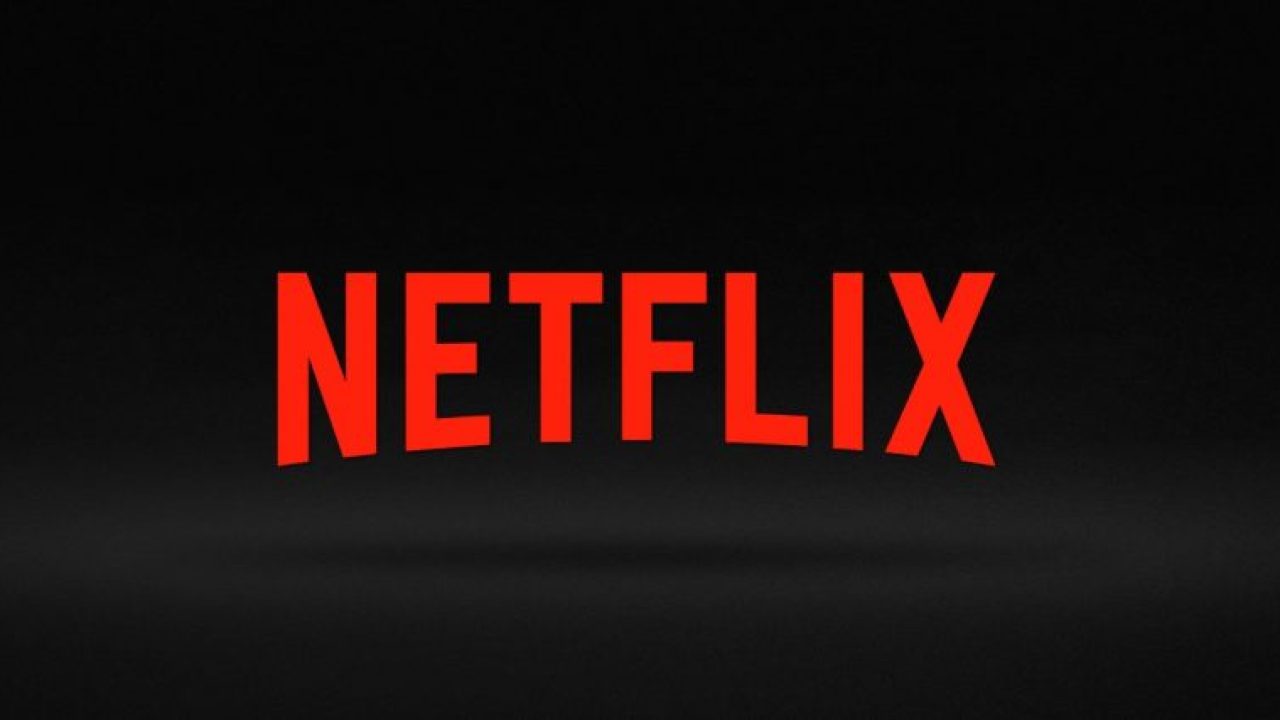Netflix Deepens Its Commitment to Generative AI Amid Industry Debate
Netflix is doubling down on its use of generative artificial intelligence (AI), even as the entertainment industry remains divided over the technology’s role in filmmaking.
In its quarterly earnings report released Tuesday afternoon, the streaming giant told investors it is “very well positioned to effectively leverage ongoing advances in AI.” While Netflix maintains that AI will not replace human creativity, it believes the technology can serve as a valuable tool to boost efficiency in film and television production.
“It takes a great artist to make something great,” said Netflix Chief Executive Officer, Ted Sarandos, during the company’s earnings call. “AI can give creatives better tools to enhance the overall TV or movie experience for our members, but it doesn’t automatically make you a great storyteller if you’re not.”
Earlier this year, Netflix revealed it had integrated generative AI into the final footage of its Argentine series The Eternaut, using the technology to simulate a collapsing building. Since then, other productions such as Happy Gilmore 2 and Billionaires’ Bunker have experimented with AI for visual effects, de-aging characters, and conceptualizing wardrobe and set designs.
“We’re confident that AI is going to help us and our creative partners tell stories better, faster, and in new ways,” Sarandos said. “We’re all in on that, but we’re not chasing novelty for novelty’s sake.”
Despite these advancements, the use of generative AI continues to spark debate in Hollywood. Many artists fear that AI models — often trained on copyrighted works without consent — could threaten their livelihoods. While Netflix and other studios appear focused on using AI for visual effects and pre-production, concerns persist that such automation could eventually impact traditional visual effects and animation jobs.
The controversy intensified recently when OpenAI launched Sora 2, a new video and audio generation model. The update drew backlash from the Screen Actors Guild‐American Federation of Television and Radio Artists (SAG-AFTRA) and actor Bryan Cranston, who urged OpenAI to install stronger protections against deepfakes involving real actors and public figures.
When asked about Sora’s potential impact on Netflix’s operations, Sarandos acknowledged that AI innovations might influence content creation but downplayed fears of displacement. “We’re not worried about AI replacing creativity,” he said.
Netflix reported a 17% year-over-year increase in quarterly revenue, reaching $11.5 billion, though the figure fell slightly short of company forecasts. Still, the streaming leader appears poised to continue exploring AI’s potential — cautiously, but confidently — as the technology reshapes the entertainment landscape.
Source: Techcrunch
news via inbox
Get the latest updates delivered straight to your inbox. Subscribe now!




